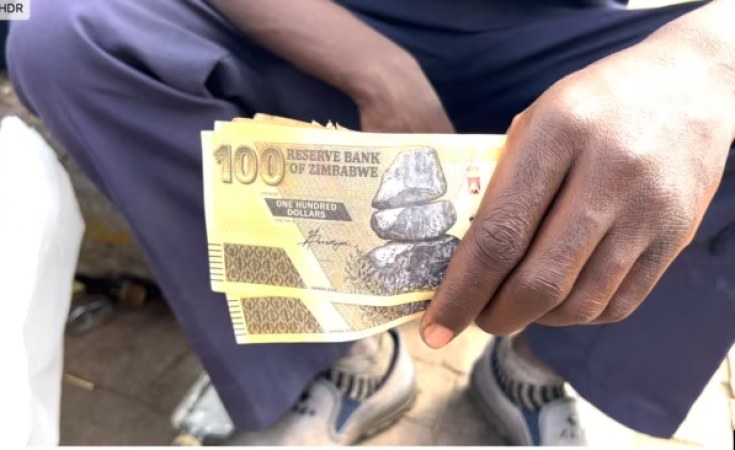SUPERMARKETS, vendors, commuter omnibus operators and tuckshops are no longer accepting payment in the local ZiG currency following Reserve Bank of Zimbabwe (RBZ) governor John Mushayavanhu's surprise 43% devaluation of the currency last week.
Prices have been pegged exclusively in US dollars as untrusting Zimbabweans fear realising huge losses if they stick to the less-than-a-year-old currency.
"We do not know the rate to use, so it has become difficult for us to continue using the ZiG. What if we accept it and it is further devalued while in my possession?" said a tuckshop operator in Dzivarasekwa Extension, Harare where shops from as far as KwaRasta have agreed to trade in US dollars.
Some routes that were being charged ZiG10 are now a dollar as operators fear the coins introduced in April might be dumped on them.
The currency does not buy fuel, pay duty or pay rentals as those have always been pegged in US dollars.
Introduced in April trading at US$1: ZWG13 and confidently touted as the answer the Zimbabwe's never-ending economic crisis, the currency had been heavily devalued by the problematic black market.
While at US$1: ZWG14 on the RBZ's exchange platform, the black market had it at ZiG24.
The devaluation has not been effectively explained as Zimbabweans had been made to believe the currency was being backed by gold at the RBZ.
Mushayavanhu, however, came out in defence of his move arguing it will be beneficial in the long term, much like his predecessors did with the other failed Zimbabwean currencies.
"The resurgence in exchange rate pressures since mid-August has necessitated a firm response," Mushayavanhu told state-controlled The Sunday Mail.
"Despite stable conditions earlier in the year, recent market dynamics have driven inflation higher, with August recording a 1.4 percent inflation rate, up from an average of -0,82 percent between April and July.
"The widening premium in the parallel market is a clear signal that we need to restore confidence and keep inflation expectations anchored.
"These actions will help cool down demand-side inflationary forces and stabilise the broader macro-economic environment."
Bulawayo Mayor David Coltart bemoaned the speedy fall, falling short of calling Muashayavanhu's claims of it being gold-backed, a lie.
"Has there ever been a more rapid and precipitous collapse of a currency than the ZIG?" said Coltart.
"Has there ever been a more brazen misrepresentation regarding the backing of a currency - i.e that it was backed by gold?
"Has there ever been a more grossly inappropriate name for a currency - "Zimbabwe Gold" - ZIG?"


